detail profile arlene francis
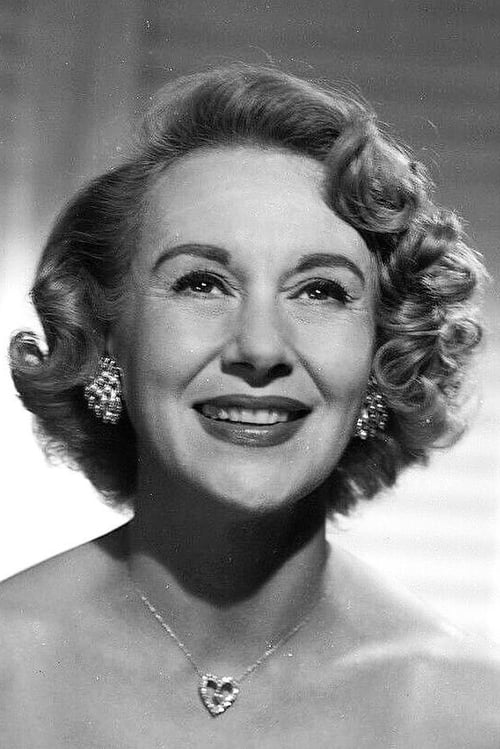
Riwayat Hidup
Arlene Francis (born Arline Francis Kazanjian) was an American actress, radio talk show host, and game show panelist.
She is known for her long-standing role as a panelist on the television game show What's My Line?, on which she regularly appeared for 25 years, from 1950 through the mid-1970s.
Info Pribadi
Peran Yang Di Mainkan Arlene Francis
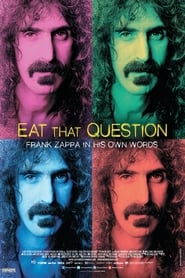 Utilizing potent TV interviews and many...
Utilizing potent TV interviews and many...Eat That Question: Frank Zappa in His Own Words 2016
Utilizing potent TV interviews and many forgotten performances from his 30-year career, we are immersed into Frank Zappa’s world while experiencing two distinct facets of his complex character. At once Zappa was both a charismatic composer who reveled in the joy of performing and, in the next moment, a fiercely intelligent and brutally honest interviewee whose convictions only got stronger as his career ascended.
 A retrospective of the classic game...
A retrospective of the classic game...What's My Line At 25 1975
A retrospective of the classic game show, What's My Line, in which a four-member celebrity panel attempted to identify a contestant's occupation through yes or no questions. In addition, each episode featured a celebrity mystery guest that the panelists tried to identify the guest while blindfolded. The show ran from 1950-1967 and prominently featured John Daly, Bennett Cerf, Arlene Francis, and Dorothy Kilgallen. This documentary looked back on the show 25 years after it premiered.
 Elwood P Dowds constant companion is...
Elwood P Dowds constant companion is...Harvey 1972
Elwood P. Dowd's constant companion is Harvey, a six-foot tall invisible rabbit. To his sister, his obsession with Harvey has been a thorn in her plans to marry off her daughter. However, when she decides to put Elwood in a mental institution, a mix-up occurs, and she finds herself committed instead. It's now up to Elwood and "Harvey" to straighten out the mess.
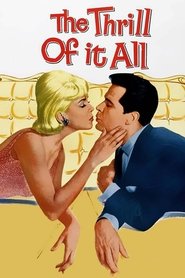 A housewifes sudden rise to fame...
A housewifes sudden rise to fame...The Thrill of It All 1963
A housewife's sudden rise to fame as a soap spokesperson leads to chaos in her home life.
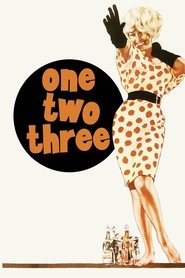 CR MacNamara is a managing director...
CR MacNamara is a managing director...One, Two, Three 1961
C.R. MacNamara is a managing director for Coca Cola in West Berlin during the Cold War, just before the Wall is put up. When Scarlett, the rebellious daughter of his boss, comes to West Berlin, MacNamara has to look after her, but this turns out to be a difficult task when she reveals to be married to a communist.
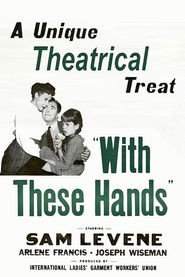 Produced by the International Ladies Garment...
Produced by the International Ladies Garment...With These Hands 1950
Produced by the International Ladies Garment Workers Union, the film used actors to recreate the Triangle Shirtwaist Factory fire and compare working conditions of the early 20th century to that of the 1950s.
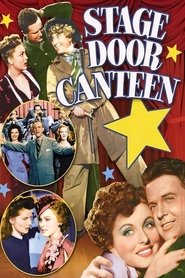 A young soldier on a pass...
A young soldier on a pass...Stage Door Canteen 1943
A young soldier on a pass in New York City visits the famed Stage Door Canteen, where famous stars of the theater and films appear and host a recreational center for servicemen during the war. The soldier meets a pretty young hostess and they enjoy the many entertainers and a growing romance
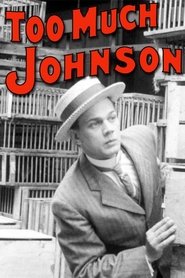 This film was not intended to...
This film was not intended to...Too Much Johnson 1938
This film was not intended to stand by itself, but was designed as the cinematic aspect of Welles' Mercury Theatre stage presentation of William Gillette's 1894 comedy about a New York playboy who flees from the violent husband of his mistress and borrows the identity of a plantation owner in Cuba who is expecting the arrival of a mail order bride. The film component of the performance was ultimately never screened due to the absence of projection facilities at the venue. Long-believed to be lost, a workprint was discovered in 2008 and the film had its premiere in 2013.
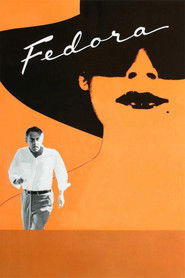 An ambitious Hollywood hustler becomes involved...
An ambitious Hollywood hustler becomes involved...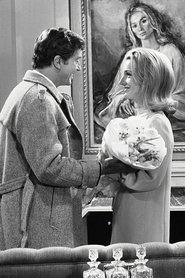 A police detective falls in love...
A police detective falls in love...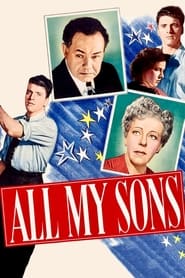 During WWII industrialist Joe Keller commits...
During WWII industrialist Joe Keller commits...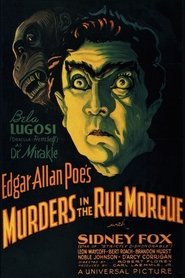 In 19th century Paris a maniac...
In 19th century Paris a maniac...